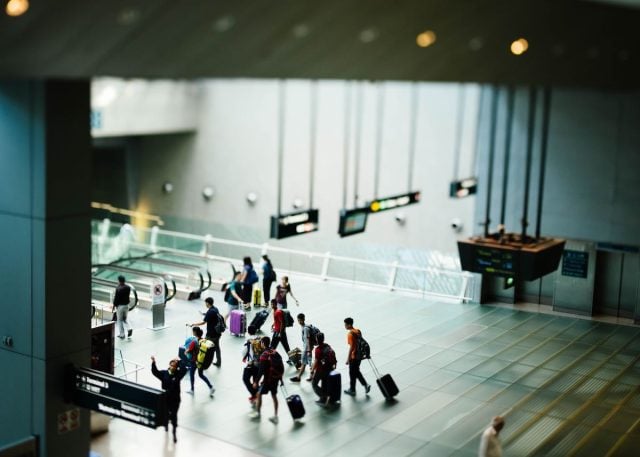98 Million Passengers Forecast for African Airlines in 2024 – AFRAA
African airlines near pre-pandemic revenue, 98M passengers ahead.

Traffic and Passenger Figures
African airlines are expected to carry 98 million passengers in 2024, according to the African Airlines Association (AFRAA), exceeding pre-pandemic levels reached in November 2023.
In January 2024, RPKs (Revenue Passenger Kilometers) increased by 2.06% and ASKs (Available Seat Kilometers) by 7.1%, further fueling optimism for the industry’s recovery.
Connectivity
AFRAA reports intra-Africa connectivity at major airports like Johannesburg, Nairobi, Addis Ababa, Lusaka, Cairo, Casablanca, Abidjan, and Lagos have recovered to or surpassed pre-pandemic levels since December 2022.
Fuel
Jet A1 prices remain volatile, with a 2% increase to $108.92/bbl in January 2024.
Cargo
African airlines transported 30.8% of the 149.6 million kilograms of cargo moved to/from Africa in November 2023.
Revenue
Airline revenues increased in 2023, narrowing the gap to 2019 levels. The full-year revenue shortfall for 2023 was $1 billion compared to 2019, AFRAA reports.
Regulatory/Industry Affairs: Updates & Initiatives
Somalia: Regains airspace control, transitioning from Class G to Class A for enhanced safety and self-governance. Somalia will now provide Air Traffic Control Services.
Zambia: Modernises cargo processing with electronic manifests, aligning with trade standards and streamlining operations.
Cameroon: Streamlines customs procedures and embraces digital transformation through the “Customs Cmr” / “Douane Cmr” mobile app for air passengers.
Tunisia: Increases tourism tax for economy and business class travelers, potentially impacting arrival numbers. Positively, they ratified the Montreal Protocol 2014 (MP14), effective January 2024, addressing unruly passenger prosecution.
Global: Cologne meeting held January 2024 addresses GPS spoofing challenges, emphasizing pilot training and ongoing collaboration to mitigate emerging threats. Balancing innovative technologies with evolving security risks remains crucial for aviation resilience.